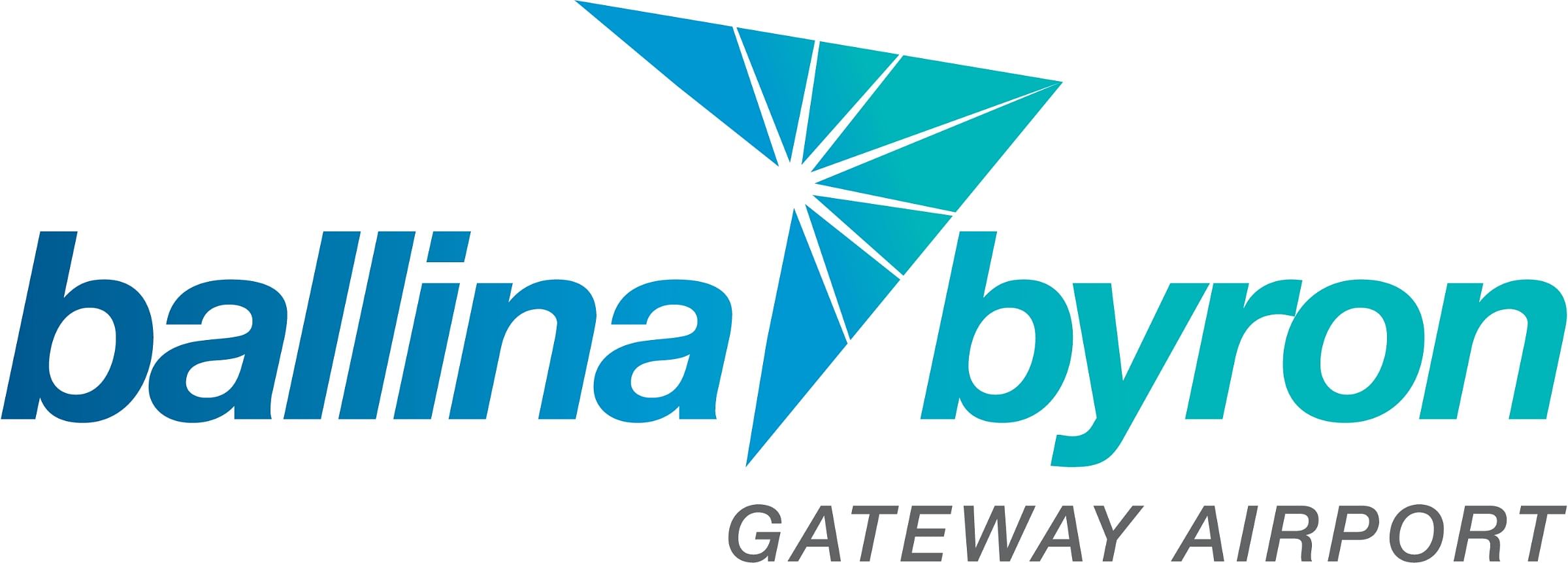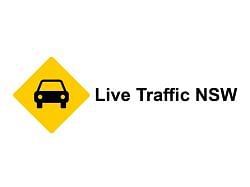Phone
1300 864 444Postal Address
The General Manager
Ballina Shire Council
PO Box 450
Ballina NSW 2478
STREET ADDRESS
40 Cherry Street
Ballina NSW 2478
CUSTOMER SERVICE
Opening Hours
8:15am - 4:30pm
Monday to Friday








.jpg)
